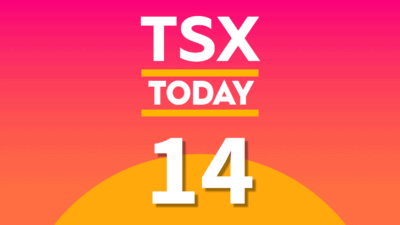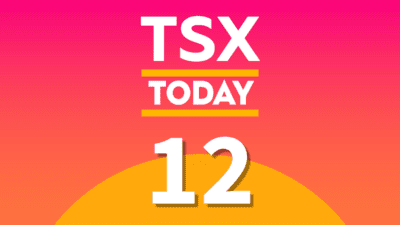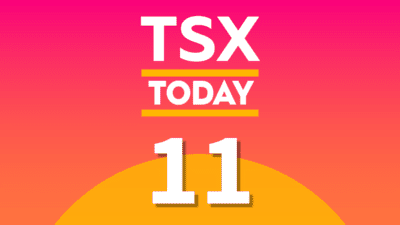Valued at $2.4 billion by market cap, Brookfield Business Partners (TSX:BBU.UN) has trailed the broader markets since its initial public offering in 2016. The TSX stock has returned 70% to shareholders in the last eight years after adjusting for dividend reinvestments. However, it trades 23% below all-time highs, allowing you to buy the dip in 2024. Let’s see why I am bullish on this top TSX stock at current multiples.
The bull case for Brookfield Business Partners
Brookfield Business Partners is a private equity firm that specializes in acquisitions. It invests in sectors such as business services, construction, energy, and industrial and prefers to own majority stakes in companies. The firm generates annual returns of at least 15% on its investments.
Since its inception in 2016, Brookfield Business has invested US$9 billion. Between 2016 and the second quarter (Q2) of 2024, the company increased its earnings from operations (EFO) from US$200 million to US$2.9 billion, indicating a compound annual growth rate of 45%. In this period, its adjusted EFO per unit has widened from US$1.45 to US$13.45, growing by 35% annually.
Some of its portfolio companies include the following:
- Sagen: It is the largest private sector mortgage insurer in Canada that generates a return on equity of over 20%, with an annual cash distribution of US$350 million. According to Brookfield Business, Sagen is an exceptional cash generator as it has paid more than US$2 billion in cumulative dividends to date.
- Clarios: It is involved in advanced energy storage operations and is four times larger than the nearest competitor. With a diversified mix of higher-margin advanced batteries, Clarios generates US$700 million in annual cash flow. Brookfield Business paid US$200 million to acquire Clarios and the company has already generated US$2.6 billion in cumulative free cash flow to date.
Is Brookfield Business Partners a good stock to own?
Around 50% of Brookfield’s operations were acquired in the last three years. Moreover, these businesses have generated an adjusted EBITDA (earnings before interest, tax, depreciation, and amortization) of US$500 million in the last 12 months, indicating a 10 times multiple for these acquisitions.
In the last 12 months, Brookfield Business has generated US$2 billion from capital-recycling initiatives, the proceeds of which would be used to strengthen the balance sheet and reinvest in higher-growth projects.
Brookfield Business has a strong track record. Its adjusted EBITDA has increased from US$1 billion in 2019 to US$2.3 billion in the last 12 months, and its adjusted EBITDA margin has more than doubled to 20% in this period.
Brookfield Business is also positioned to benefit from a lower interest rate environment. If rates are lowered by 100 basis points, it expects to save around US$40 million in annual interest expenses.
The company’s improving operational performance and interest cost reduction should allow it to end 2028 with a free cash flow of US$800 million. If the stock is priced at 10 times trailing free cash flow, Brookfield Business Partners should be valued at US$8 billion, indicating an upside potential of over 300% from current levels.
Brookfield Business is a cheap stock that pays shareholders an annual dividend of US$0.25 per share, indicating a yield of over 1%. Analysts remain bullish and expect it to surge over 25% in the next 12 months.








